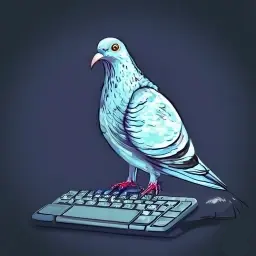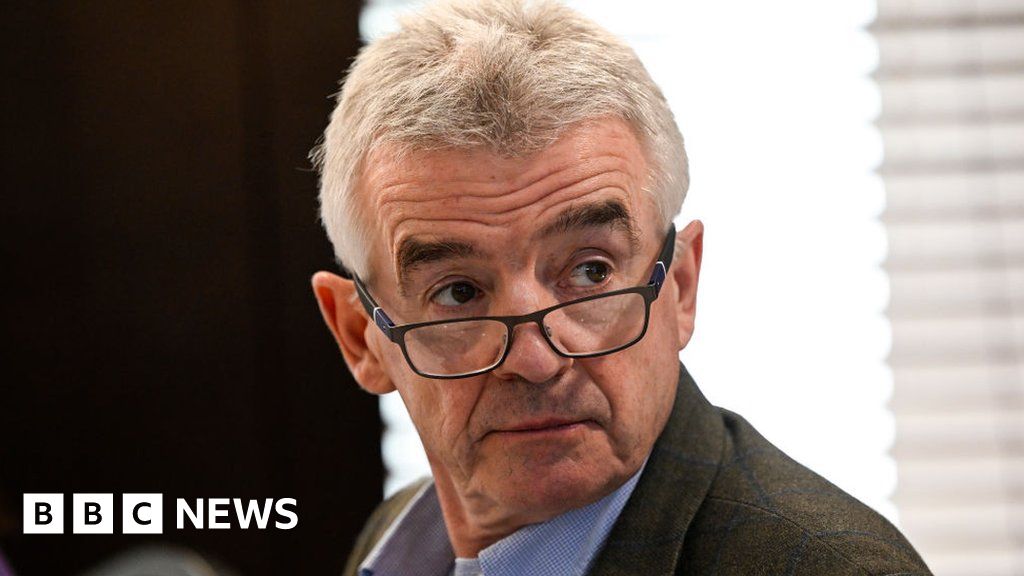On the 28th August the UK’s air traffic control system to shut down, causing hundreds of flights to be delayed or cancelled. Before now the shutdown was blamed on a vague data processing glitch, but the exact cause has now been disclosed.
In its initial report published on Wednesday, [the National Air Traffic Service] said that at 08:32 on 28 August, its system received details of a flight which was due to cross UK airspace later that day.
The system detected that two markers along the planned route had the same name - even though they were in different places. As a result, it could not understand the UK portion of the flight plan.
This triggered the system to automatically stop working for safety reasons, so that no incorrect information was passed to [the National Air Traffic Service’s] air traffic controllers. The backup system then did the same thing.
Martin Rolfe, chief executive of [the National Air Traffic Service], said that the system did “what it was designed to do, i.e. fail safely when it receives data that it can’t process”.



This is the best summary I could come up with:
Industry group Airlines UK argues that carriers incurred huge costs in providing accommodation and putting on more flights for customers who were stuck overseas.
He said that “there won’t be any issues” for customers claiming costs, but demanded that Nats, which controls the UK’s air traffic services, “accepts responsibility for its incompetence”.
In its initial report published on Wednesday, Nats said that at 08:32 on 28 August, its system received details of a flight which was due to cross UK airspace later that day.
With planes and crew out of position and most flights already booked up, many people found themselves stuck abroad on what is usually a big day for travel - a bank holiday - facing long waits to get home.
He added that the independent review from the aviation watchdog will “dig deeper into this event and understand whether there are any further steps to be taken to improve the resilience of the air traffic control system”.
If you are reading this page and can’t see the form you will need to visit the mobile version of the BBC website to submit your question or comment or you can email us at HaveYourSay@bbc.co.uk.
The original article contains 1,025 words, the summary contains 196 words. Saved 81%. I’m a bot and I’m open source!